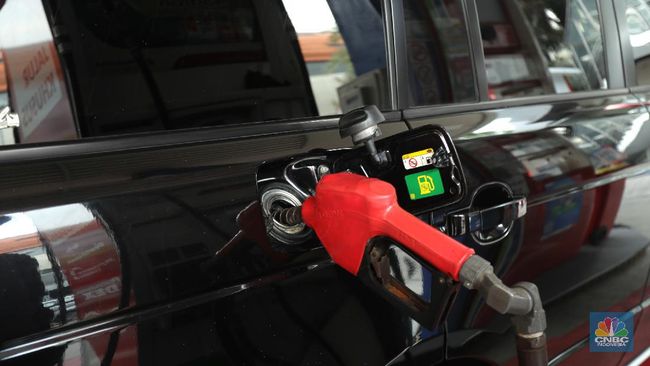Until this evening, the site of Les Carmes d’Unîmes welcomes all the curious. Young and old.
“The dot that we see flashing in yellow, there is serotonin, it is the hormone of happiness, which makes you feel happy. Because when you are happy your brain sends all these little messages which make you feel good “, explains Manon, host of the Les Petits debrouillards network. The Nîmes branch is participating this weekend in the Fête de la science and runs a workshop on emotions at the Carmelite site of the University of Nîmes.
Emotions
Facing her, eyes wide with interest, Isabelle, “7 years and three quarters” turns out to be a curious and interested little girl. “Do you do sports ?”, asks Manon. “Tennis and taekwondo”, says the girl. “Well maybe you’ve hurt yourself in training? And then you didn’t feel anything. It was only later that the pain started. Well, it was due. to the effect of endorphins “.
On the table, Isabelle and her parents take turns drawing photos that represent emotions: anger, sadness, fear… love. “And yes, love is not just a feeling”, continues the host. “Love is also an emotion that involves several hormones.”
On the table behind, Eva offers to slip her hand into a black box and describe the emotion felt by this contact. “Sounds weird. Looks like a rabbit. I smell like rabbit hair.” Second attempt, the child is less voluntary. “Ahhhh but it’s disgusting!”, she lets go, her teeth clenched and her hand whipping the air. To end this experience around emotions, stop in front of a series of pictures retracing some of the great scientific discoveries. The phone.
The nuclear bomb. The train. The first step of man on the moon. “With this workshop we realize that similar emotions can cross time and people. For example. With the cloning of Dolly the sheep for example, we realize that even today we can feel surprise then fear and worries about the field of possibilities “.
it continues this sunday
On the Carmelite site until this evening, find no less than 22 activities, from the Escape Game around nuclear power to the zebrafish which helps medical research with its 75% homology with the human species (against 95% for the monkey). Do not miss the Zero Face workshop either: the number zero in all its forms with a visual artist. Or the workshop on the circular economy to go from disposable to sustainable. And many others. Free entry. www.nimes.fr Health pass compulsory.
–
–


